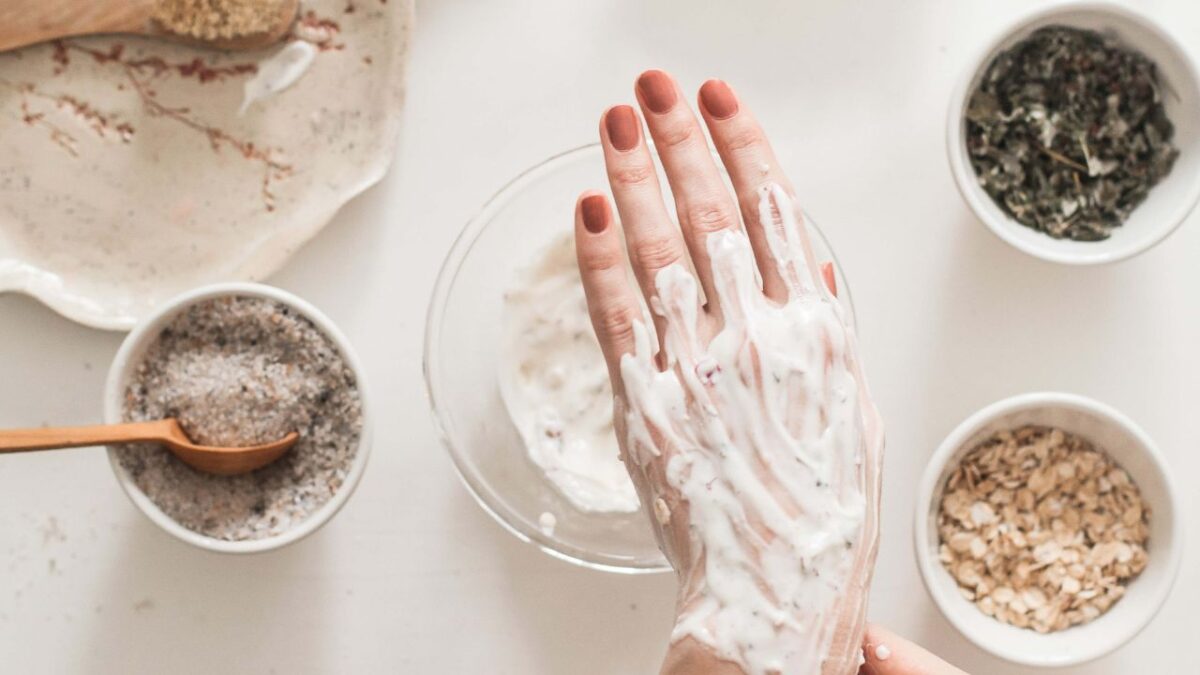Skincare Tips for Perimenopausal Women: What You Need to Know

Navigating the skincare landscape during perimenopause can feel like uncharted territory. This phase brings various hormonal changes that significantly impact the skin. Common skin changes during perimenopause include dryness, thinning, increased sensitivity, and hormonal acne. These changes are primarily due to fluctuating estrogen levels, which affect moisture retention, collagen production, and cell turnover. Understanding these changes and how to address them can make a world of difference in your skincare routine. Let’s dive into the essential skincare tips for perimenopausal women to help you maintain a glowing complexion.
Hydration Is Key
One of the most common skin issues during perimenopause is dryness. Reduced estrogen levels can cause your skin to lose moisture, making hydration crucial. Incorporate a hydrating cleanser and a rich moisturizer into your daily routine. Look for products containing hyaluronic acid, glycerin, and ceramides, which help retain moisture and strengthen the skin barrier.
Embrace Gentle Cleansing
As your skin becomes more sensitive, it’s essential to use gentle cleansers that won’t strip away natural oils. Opt for mild, sulfate-free cleansers that maintain the skin’s natural pH balance. Avoid using hot water, as it can further dry out your skin. Instead, use lukewarm water to cleanse your face, ensuring a gentle and soothing experience.
Exfoliate Wisely
Exfoliation helps remove dead skin cells and promotes cell turnover, giving your skin a fresh and radiant appearance. However, over-exfoliation can irritate sensitive perimenopausal skin. Use gentle exfoliants, such as lactic acid or enzyme-based products, no more than twice a week. These will help brighten your complexion without causing irritation.
Incorporate Antioxidants
Antioxidants are vital in protecting your skin from free radical damage and promoting collagen production. Vitamin C, for instance, brightens the skin and reduces the appearance of fine lines and wrinkles. Incorporate antioxidant-rich serums into your morning routine to boost your skin’s defense against environmental stressors.
Don’t Skip Sunscreen
Sun protection is crucial at any age, but it becomes even more important during perimenopause. Your skin may be more susceptible to sun damage due to thinning and increased sensitivity. Use a broad-spectrum sunscreen with at least SPF 30 daily, even on cloudy days. This will help prevent age spots, hyperpigmentation, and further collagen breakdown. Here’s how to choose the best sunscreen for your skin type.
Address Hormonal Acne
Hormonal fluctuations during perimenopause can lead to acne breakouts. To combat this, use non-comedogenic skincare products that won’t clog your pores. Ingredients like salicylic acid and benzoyl peroxide can be effective in treating acne. Additionally, maintaining a balanced diet and managing stress levels can help regulate hormonal imbalances.
Boost Collagen Production
Collagen is essential for maintaining skin elasticity and firmness. As you age, collagen production decreases, leading to sagging and wrinkles. To boost collagen levels, incorporate retinoids into your nighttime routine. These vitamin A derivatives stimulate collagen production and promote cell turnover, resulting in smoother, firmer skin.
Nourish from Within
A healthy diet plays a significant role in your skin’s appearance. Consume a balanced diet rich in antioxidants, vitamins, and minerals. Foods like fruits, vegetables, nuts, and fish provide essential nutrients that support skin health. Staying hydrated by drinking plenty of water also helps keep your skin plump and radiant.
Prioritize Sleep and Stress Management
Quality sleep and effective stress management are crucial for healthy skin. Lack of sleep and high stress levels can exacerbate skin issues, leading to dullness and breakouts. Establish a relaxing bedtime routine and practice stress-relief techniques such as yoga, meditation, or deep breathing exercises. These habits will not only benefit your skin but also your overall well-being.
Consult a Dermatologist
Every woman’s skin is unique, and what works for one person might not work for another. Consulting a dermatologist can provide personalized skincare advice tailored to your specific needs. They can recommend professional treatments, such as chemical peels or laser therapy, to address more severe skin concerns.
